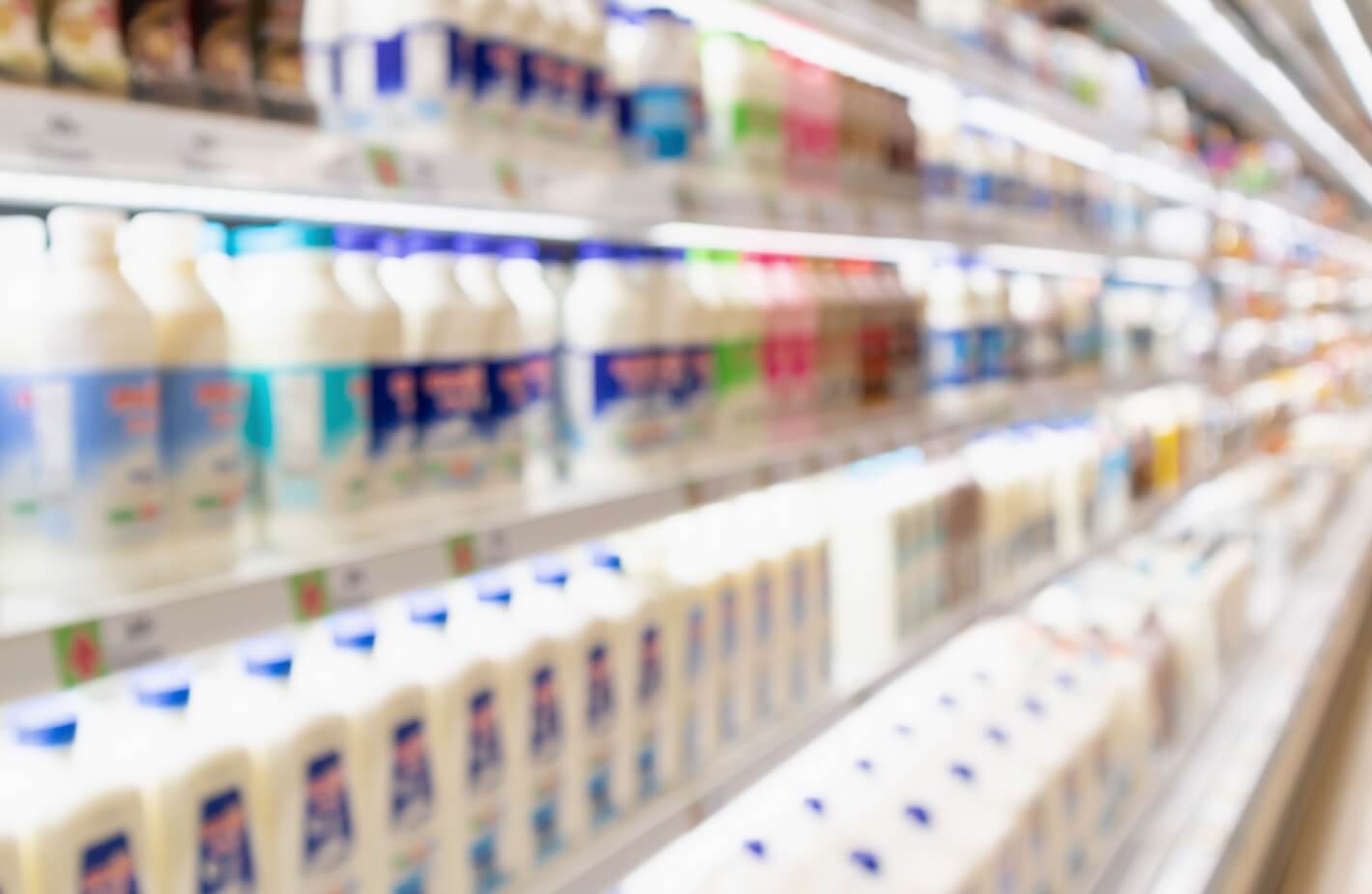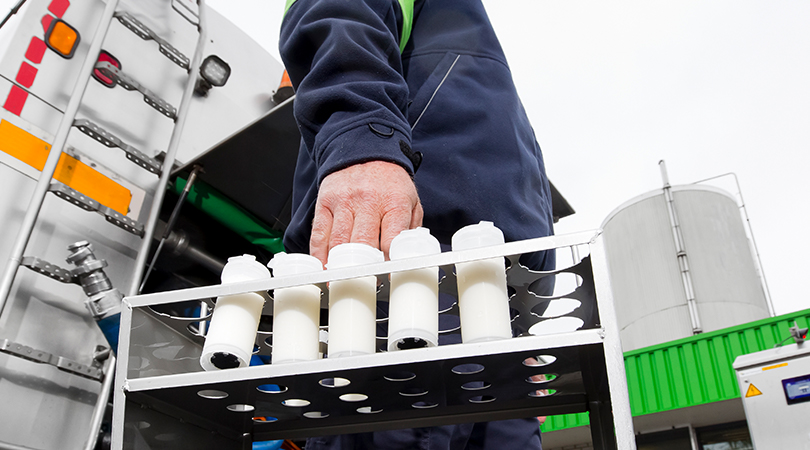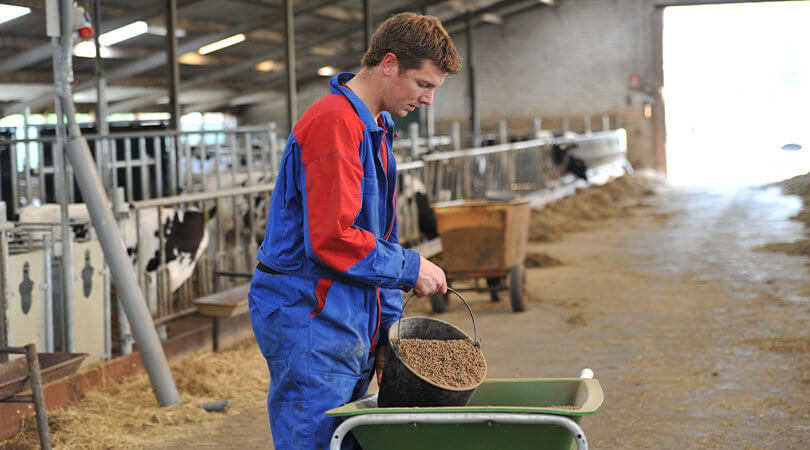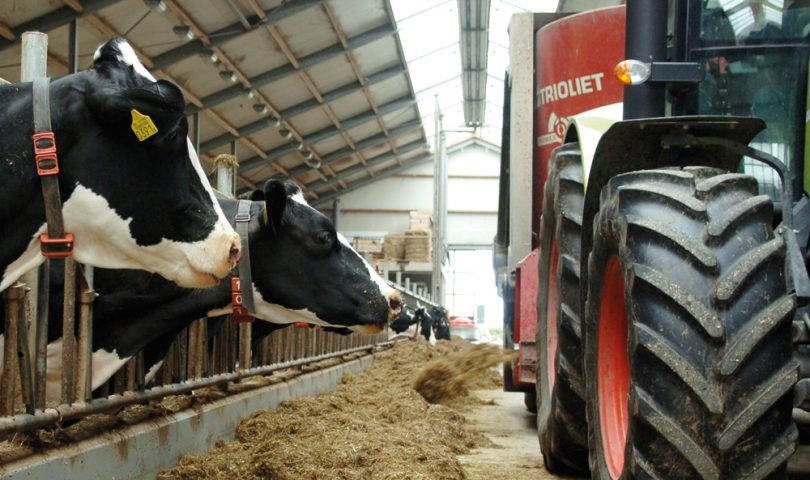
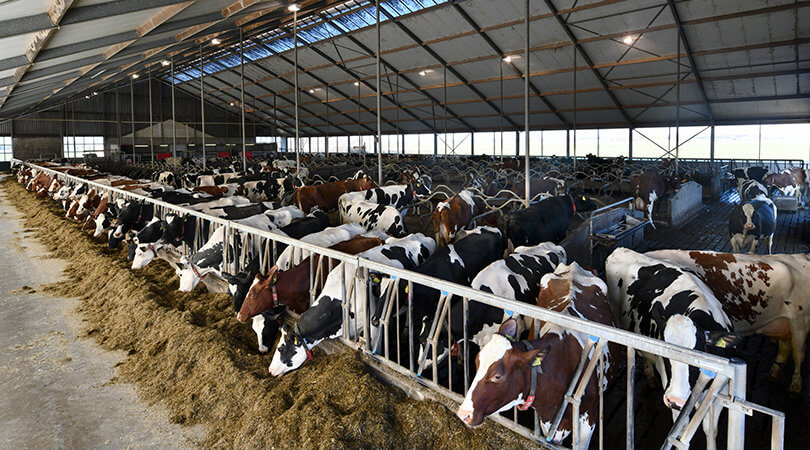
Quality
News overviewDairy companies tighten feed requirements
The high quality of its dairy products has given the Netherlands a leading position in the international dairy community. To maintain that position, the dairy industry continuously strives for further improvement.
It is for this reason that the quality assurance at dairy feed companies has become stricter. As of January 1, 2016, dairy companies require their milk suppliers to source feed exclusively from companies on a white list of animal feed companies. Dairy companies also intend to add this to their delivery terms.
Animal feed companies on the white list are members of SecureFeed, the organization which guarantees the safety of all animal feed in the dairy, egg and meat chains, or of a comparable organization. White-listed companies also possess sufficient liability insurance for the feed they deliver, and their feed contains responsibly-produced soy with an RTRS Certificate or similar.
Frequently asked questions
1. As of January 1, 2016, what are the dairy industry’s requirements for dairy feed?
As of January 1, 2016, dairy companies require their milk suppliers to source feed exclusively from companies that meet the following conditions:
- Member of SecureFeed or other comparable organization for all relevant activities (and thus in possession of the GMP+ FSA (food safety) certificate or similar);
- In possession of the GMP+ FRA M103 (responsible soy) certificate or similar;
- In possession of product liability insurance that meets the requirements.
The companies which meet these requirements are added to a so-called white list. The dairy companies that are members of the Dutch Dairy Association own and manage this list.
2. Why does the dairy industry require feed suppliers to be a member of SecureFeed?
In order to continue to guarantee the high quality of dairy products, the dairy industry continuously strives for quality improvements in all parts of the chain. SecureFeed is an organization that coordinates the safety of feed across the chain.
3. How do the SecureFeed standards differ from the GMP+ standards, which also apply?
SecureFeed’s standards differ from the GMP+ standards in three ways:
- SecureFeed makes sure that all participating feed companies register which ingredients they receive and from which supplier. SecureFeed then assesses both supplier and ingredient. A feed company cannot use any ingredients that are not from an approved supplier;
- SecureFeed’s ingredients monitoring goes beyond the legal requirements;
- The audits conducted by inspection bodies at the participating feed companies are in addition to the audits that take place for the GMP+ program.
For SecureFeed, GMP+ is the starting point, but SecureFeed adds additional requirements. As such, SecureFeed’s standards go beyond those required of feed suppliers in Germany or Belgium.
4. Why is SecureFeed’s monitoring program stricter than the legal requirements?
SecureFeed’s feed guarantee is based on the precautionary principle. Among other things, this implies that all of the links in the feed chain take action before legal and additional quality requirements for end products can be compromised by, for example, lower quality ingredients.
5. Do the new requirements apply only to compound feed, or to other cattle feed as well?
All cattle feed from third parties must meet the SecureFeed standards. SecureFeed guarantees the safety of all animal feed, including compound roughage, single-ingredient roughage , wet by-products, roughage, additives, etc.
6. Which types of feed companies are subject to the requirements?
All types of animal feed companies which supply feed to dairy cattle must be on the white list. This applies to producers of animal feed, but also to resellers acting on behalf of feed producers. Even contractors who resell feed from other companies must be on the white list.
7. Are contractors required to meet the requirements if they want to supply feed?
If a contractor acts as a forage dealer or reseller for a feed producer, then he or she must meet the conditions for the white list. If a contractor grows his or her own feed and delivers that directly to the farmer, this is considered a farm-to-farm transaction. Several dairy companies require the farmer to keep a record of these transactions. Other, additional requirements are not imposed in these cases, nor are specific requirements imposed on the feed that the farmer receives from a contractor in his or her own country.
